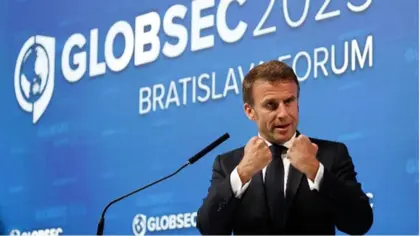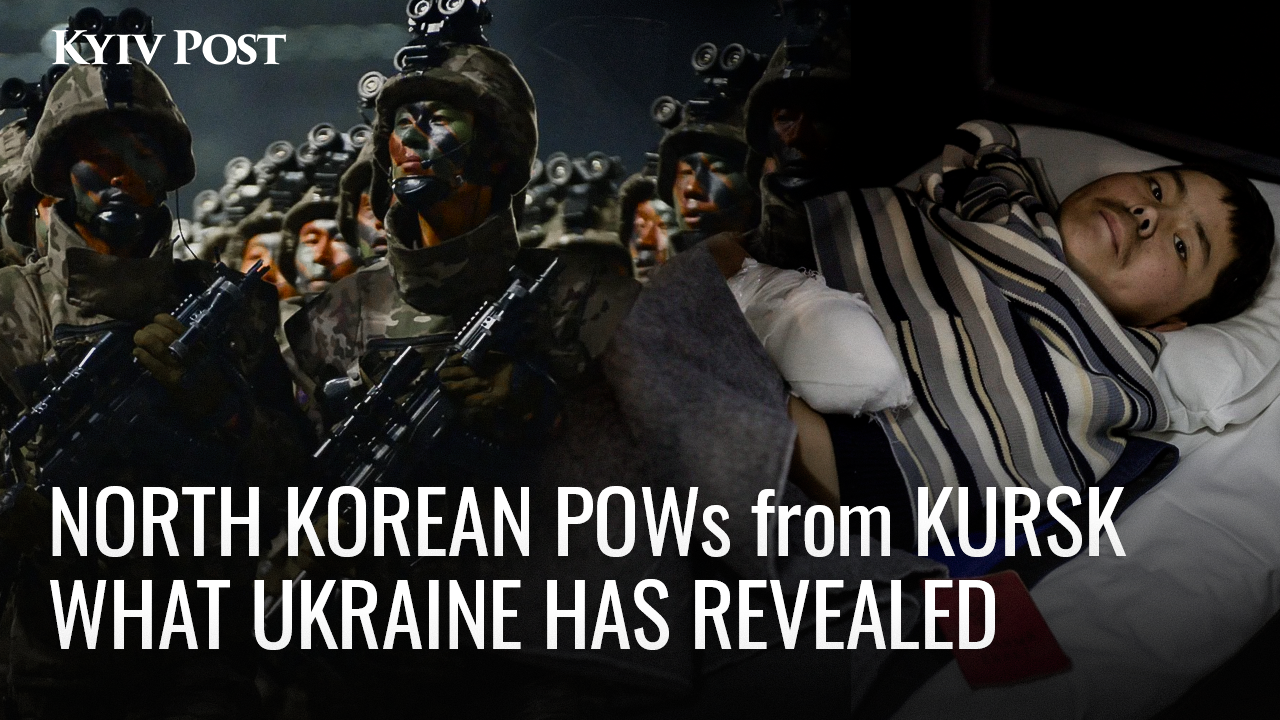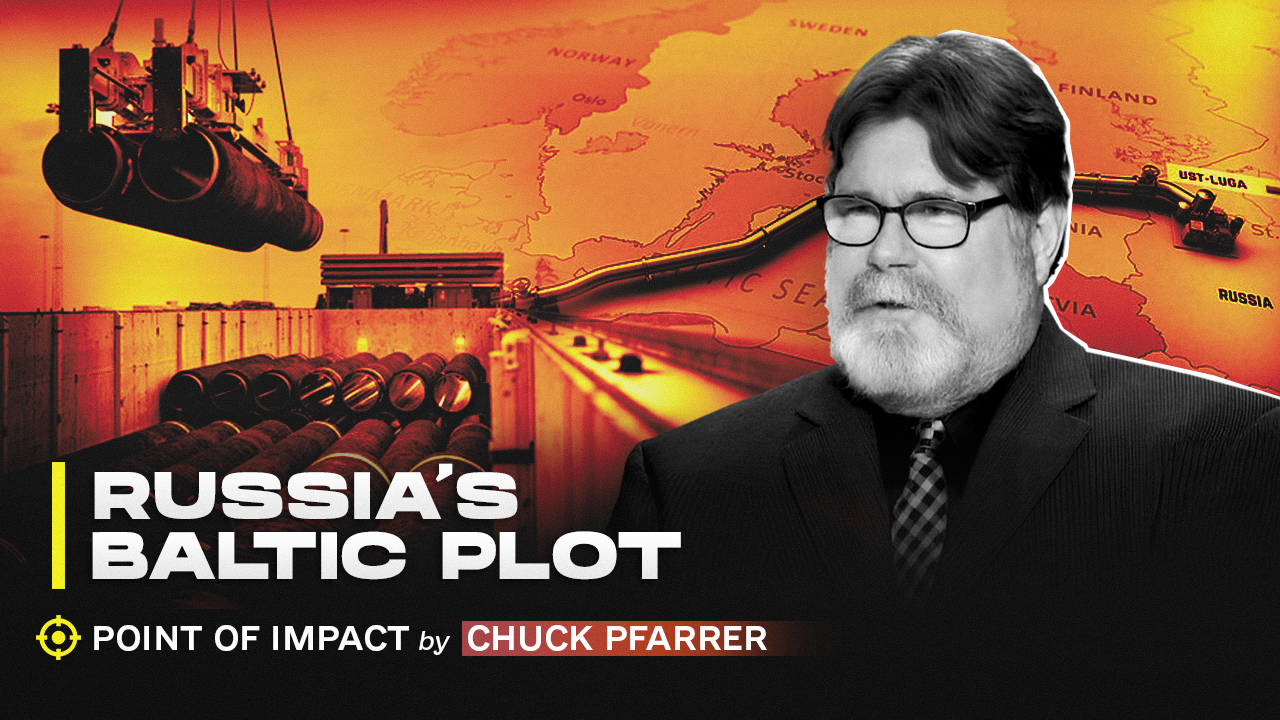French President Emmanuel Macron appeared to signal a significant shift in his stance on Russia and its war against Ukraine, as well as Ukraine’s membership of NATO, in a keynote speech delivered at the 2023 Globsec Forum on Wednesday, May 31, in Bratislava.
The Globsec Bratislava Forum advertises itself as the leading platform on issues affecting the Central Eastern Europe region where it promotes the free exchange of ideas and provides a meeting place for stakeholders from all sectors of society.
JOIN US ON TELEGRAM
Follow our coverage of the war on the @Kyivpost_official.
This year’s event focused on regional security issues in the run-up to the NATO Heads of States’ summit in Lithuanian capital Vilnius on July 11-12.
In his speech, Macron said there should no longer be a division between “Old Europe” and “New Europe,” because the differences in perspective between the eastern and western European Union was partly responsible for the failure to address the threat from Russia.
He also said that France had been criticized as being “arrogant,” “faraway” and “not interested” in the region, but that he was trying to engage more; comments that received enthusiastic applause from the audience.
There should no longer be a division between 'Old Europe' and 'New Europe'.
The French president stressed that Ukraine “is today protecting Europe,” and it is in the West's interest for NATO to provide the security assurances for which Kyiv has asked.

Putin Hints Precondition for Peace Talks: Neutered Ukraine
“That is why I'm in favor, and this will be the subject of collective talks in the following weeks... to offer tangible and credible security guarantees to Ukraine,” he added.
He suggested that NATO member nations should continue to provide such guarantees for the time being as Ukraine waits to join the alliance. “We have to build something between the security provided to Israel and full-fledged membership,” Macron said.
He recalled that in 2019 he had referred to NATO as being “brain dead” but said that, because Russia's 2022 full-scale invasion of Ukraine, "I can say that today Vladimir Putin jolted it awake with the worst of electric shocks."
'We need to help Ukraine today with all means to carry out an effective counteroffensive against Russian forces.'
The speech seemed to herald the beginning of more hardline approach towards Moscow by France. Macron’s previous statements that Russia should not be humiliated or that both Moscow and Kyiv should be given security guarantees contributed to the perception, in Eastern Europe, that he was ambiguous in dealing with Russian aggression.
“We need to help Ukraine today with all means to carry out an effective counteroffensive against Russian forces,” Macron said. “It's what we are currently doing. We have to intensify our efforts because what will happen in the next few months offers a chance even for... a lasting peace. A ceasefire is not enough, we will recreate a frozen conflict that will be another war for tomorrow,” he said.
Macron also restated his view that EU nations should buy European arms and acquire their own in-depth strike capabilities. “It is up to us Europeans to in the future have our own ability to defend ourselves,” he said. “A Europe of defense, a European pillar within NATO, is indispensable. It’s the only way to be credible ... in the long term.”
This was largely in line with Macron’s long-standing view that there should be a wider European-based defense strategy to balance what he sees as an over-reliance on the US. In an aside, he did say “Our stability and security shouldn't be delegated to the discretion of US voters.” However, his whole tone was now much more in line with the aggressive stance of the US, UK, Central and Eastern European nations.
'This was the wake-up call for Europe, and we have woken up.'
Macron’s comments were seen as an indication that France would support those Eastern European nations, such as Estonia and Poland, who think NATO must provide stronger positive signals that Ukraine’s NATO membership bid will be acceded to as soon as possible.
At the same time, he warned that Europe must be careful not to alienate developing nations, particularly those who were not in support of the West’s sanctions against Moscow. He warned that if they felt punished by the west they could turn to Russia and China and create the “new global order” Putin and Xi Jinping had long threatened.
In a slight change in tack, he said that, whatever happens in Ukraine, Russia isn't going away and will remain a neighbor to the EU.
For that reason, he said that he was in favor of a speedy enlargement of the EU into the Western Balkans and Moldova. Such expansion, he said, would be beneficial to the EU's strategic needs and that the bloc must, in parallel, build up its security by aggressively increasing European capabilities in the areas of energy, military and industrial security.
“We should be able to defend ourselves and our neighbors,” he said. “We should not only be able to face wars today, but we also need to be prepared for the future.”
But he said such enlargement can only come about if it can be ensured that new members abide by EU laws and values. This was viewed by many in the audience as a reference to concerns that enlargement to the east had introduced additional problems, such as the democratic backsliding found in Hungary and Poland.
“This was the wake-up call for Europe, and we have woken up,” he said. “I think you know why I am here: You can count on France.”
On Thursday President Macron moved on to Moldova where he is attending the second meeting of the European Political Community (EPC), which brings together leaders from across the continent at Mimi Castle in Bulboaca, Moldova.
The EPC was created in 2022 as a consequence of the Russian invasion of Ukraine. President Macron first proposed the Community during a May 2022 conference, and on 23-24 June 2022, the formation of the Community was approved by the European Council. The EPC met for the first time on 6 October, in Prague, Czechia with 44 states in attendance. It is anticipated that a total of 47 states will attend the Moldova event.
You can also highlight the text and press Ctrl + Enter













